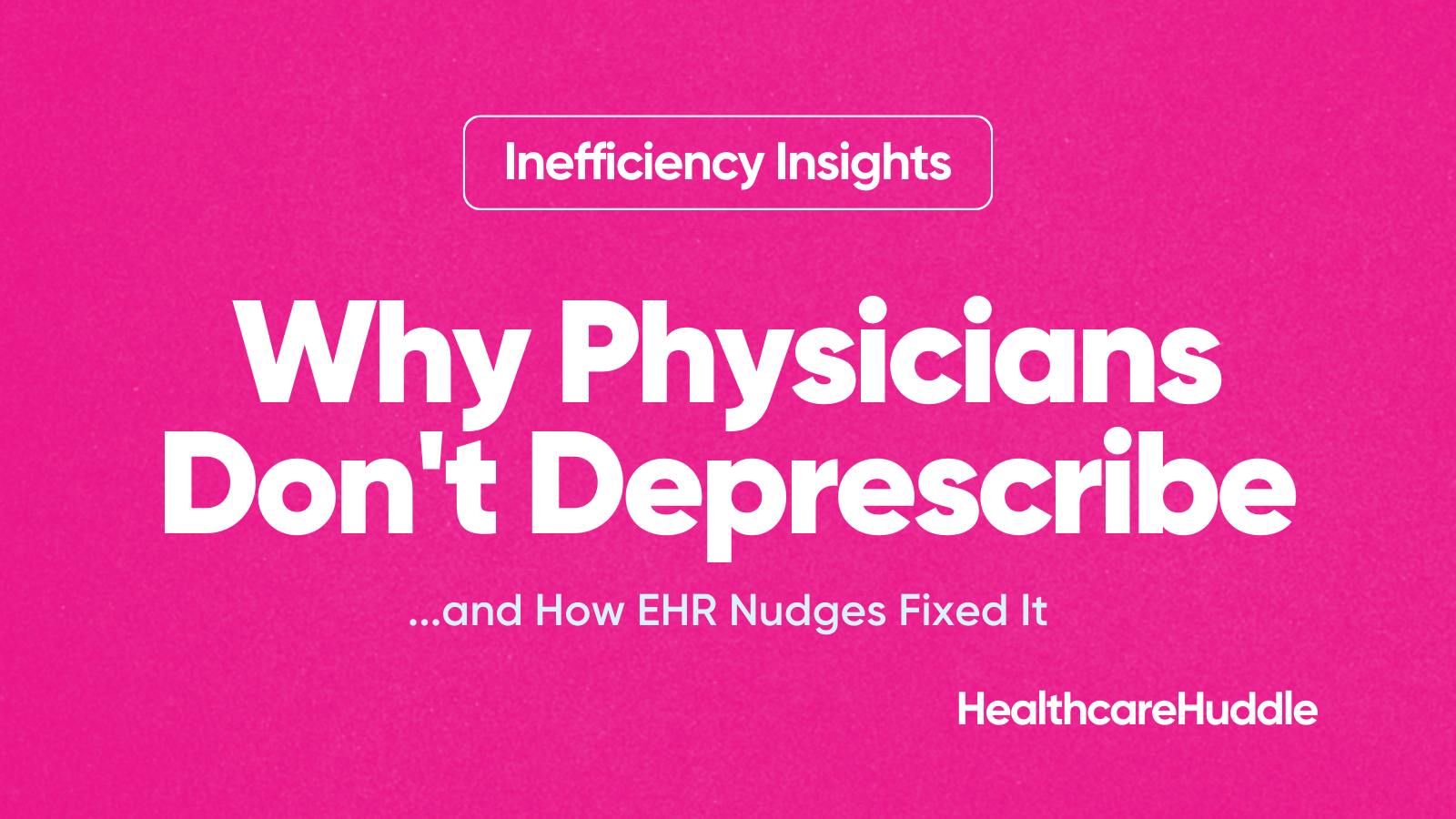INEFFICIENCY INSIGHTS
The Inefficiency of Thanksgiving Turkey
Every year, millions of Americans spend hours preparing a meal that's over in 20 minutes. And, at the center of it all, is a massive, temperamental bird that nobody actually likes all too much.
That being said, cooking turkey on Thanksgiving is one of the most inefficient traditions we've all collectively agreed to perpetuate.
We wake up at 5 AM on Thanksgiving.
We wrestle a 20-pound frozen turkey out of the fridge (that we’ve been thawing for three days).
We spend the next six hours basting, monitoring oven temperature, and stress-testing our meat thermometer while our family asks, "Is it ready yet?"
By the time dinner rolls around, half the turkey is dry, the other half is questionable, and everyone's already filled up on appetizers (honestly, the best part).
The Thanksgiving turkey—as is the U.S. healthcare system—is a masterclass in resource misallocation. High effort. High cost. Mediocre outcome. And yet, we do it every single year.
Why?
Root Cause Analysis
The 5 Whys process in root cause analysis involves repeatedly asking "Why?" five times to drill down into the root cause of a problem by exploring the cause-and-effect relationships underlying the issue.
The problem: Cooking a whole turkey is inefficient, stressful, and produces suboptimal results.
Why? Turkeys are large, unevenly shaped birds that cook inconsistently. Dark meat, for example, needs more time than white meat, leading to either dry breast or undercooked thighs.
Why? We insist on cooking the entire bird as one unit instead of breaking it down into components that could cook separately at optimal temperatures.
Why? Thanksgiving tradition dictates a "whole bird on the table" presentation, prioritizing aesthetics over function.
Why? The holiday has become more about performing tradition than optimizing for taste, convenience, or efficiency.
Why (root cause)? We've culturally anchored Thanksgiving to a Norman Rockwell vision of domesticity that made sense in the 1950s but doesn't align with how people actually cook, eat, or live today.

This is what I’m talking about.
We're stuck in a system designed for a different era, and nobody's questioning whether it still works. I suppose this differs from the U.S. healthcare system, which was designed for a different era, and everybody is questioning whether it still works.
Impact Analysis
Impact analysis is the assessment of the potential consequences and effects that changes in one part of a system may have on other parts of the system or the whole.
The Cook: Spends 6+ hours of labor for a meal that's consumed in 20 minutes. High stress, low reward. The cook often misses the actual gathering because they're stuck in the kitchen.
The Guests: Sit around waiting, filling up on bread and cheese, and then face a dry turkey that nobody's excited about. The real MVPs are the sides (mashed potatoes, stuffing, and pie), which require a fraction of the effort.
The System: We waste enormous amounts of time, money, and energy on a centerpiece dish that consistently underperforms. Add in food safety risks (undercooked turkey, cross-contamination) and the stress of timing everything perfectly, and you've got a recipe for inefficiency.
Solutions
I’m a physician—not a cook. So be skeptical of my solutions. I welcome your input! But below is what I’ve got:
Spatchcock the turkey. Remove the backbone, flatten the bird, and roast it in half the time with more even cooking. This alone cuts cook time by 40% and improves results (made this up).
Cook turkey parts separately. Breast, thighs, and drumsticks all cook at different rates. Treat them like different patients: personalized cooking for better outcomes.
Outsource it. Buy a pre-cooked turkey or rotisserie chicken. Nobody will care. Everyone will be happier.
Rethink the main dish entirely. Make something people actually get excited about: prime rib, braised short ribs, or even a well-executed ham. Thanksgiving requires good food and good company, not necessarily Turkey.
Shift focus to what matters. Optimize for time with family and friends, not for adherence to a tradition that doesn't serve you.
In summary, cooking a whole turkey on Thanksgiving is inefficient, stressful, and produces mediocre results, yet we do it every year because tradition says so. We're stuck performing a 1950s vision of domesticity instead of optimizing for what actually matters: good food, less stress, and time with the people we care about. Does the true fix involve spatchcocking, breaking it down, outsourcing it, or skipping the turkey altogether? TBD.
Sometimes the best way to solve inefficiency is to stop doing the inefficient thing. Who would’ve guessed?
🦃 Happy Thanksgiving,
Jared + Healthcare Huddle







